The New Face of Interviewing
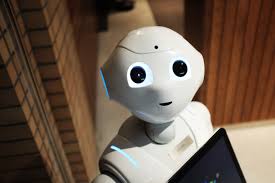
Here it is what the new face of interviewing looks like. And it is not human.
March 2, 2020
As high schoolers, the great majority of us think about where we want to go from here. Do we want to go to college? Take another path? It does not matter what route you choose, you most likely will have to go through an interview process before getting to your final destination. What once could be prepared for with practice questions and mock interviews, is now almost impossible to even know what you’re going in for.
As technology evolves, so does the workplace to keep up with it. According to Forbes, 2% of Americans have lost their jobs to machines. That may sound like a small number, but it is actually 7 million people who were left unemployed because of automation. You might say “well it is impossible for my dream job to be replaced by a machine,” but does that job require an interview? If it does, your fate might also be determined by AI robots.These robots are being used to speed up the recruitment process and remove the human bias that comes with hiring managers. Those biases can include gender, race, religion, or even conversations had before or after the interview. The robot’s job is to remove all of that and focus solely on the questions being asked. According to BBC, “managers are then given text transcripts of each interview to help them decide which candidates should move to the next stage of the process, based on the answers alone.” While the idea of a robot interviewing you might sound scary, it can also help you in the long run without the presence of any biases or bad first impressions. The fact that these robots do not have feelings or facial expressions, makes them rely solely on hard facts and whoever is best for the job. They can also help place you in other available positions that you might never have thought of.
While technology mostly sounds like amazing advancements, there can also be downsides to it. A robot cannot relate to the person being interviewed and it may not understand that stress is common during job interviews. These AI robots are set up to identify certain cues such as posture, confidential tone, and eye contact. Missing those important cues could potentially result in a failed interview in a matter of minutes.
Now what companies are actually using this advance? It might seem super futuristic and far away, but many already have this system in place; these companies include Hilton, Five Guys, AT&T, and CapitalOne. These companies have found ways to install such features without warning or disclosure. According to GlassDoor, robots help “applicants find the right job that fits their needs and abilities; screens them specifically for that role; assesses their skills via text, video and/or audio assessments; then immediately schedules them for the next available interview.”
Now next time you submit an interview video, think about who might be on the other side of the screen watching it.


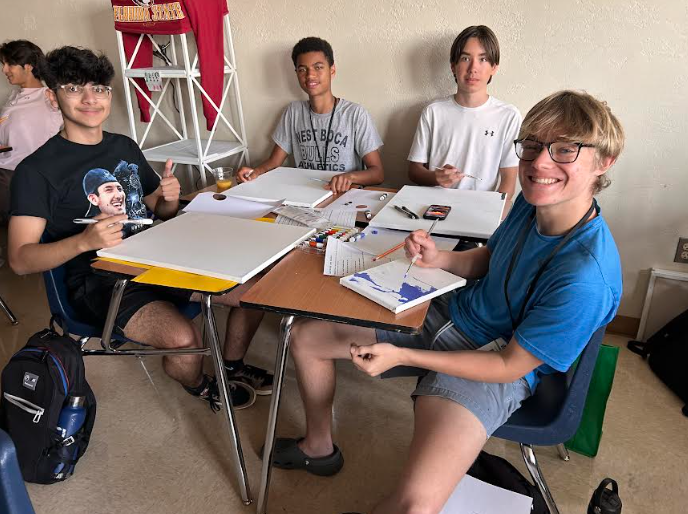
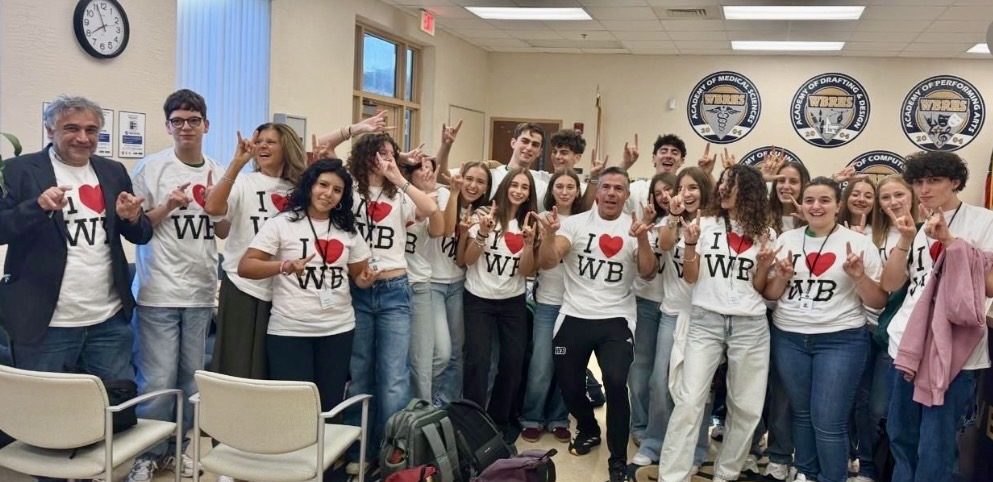







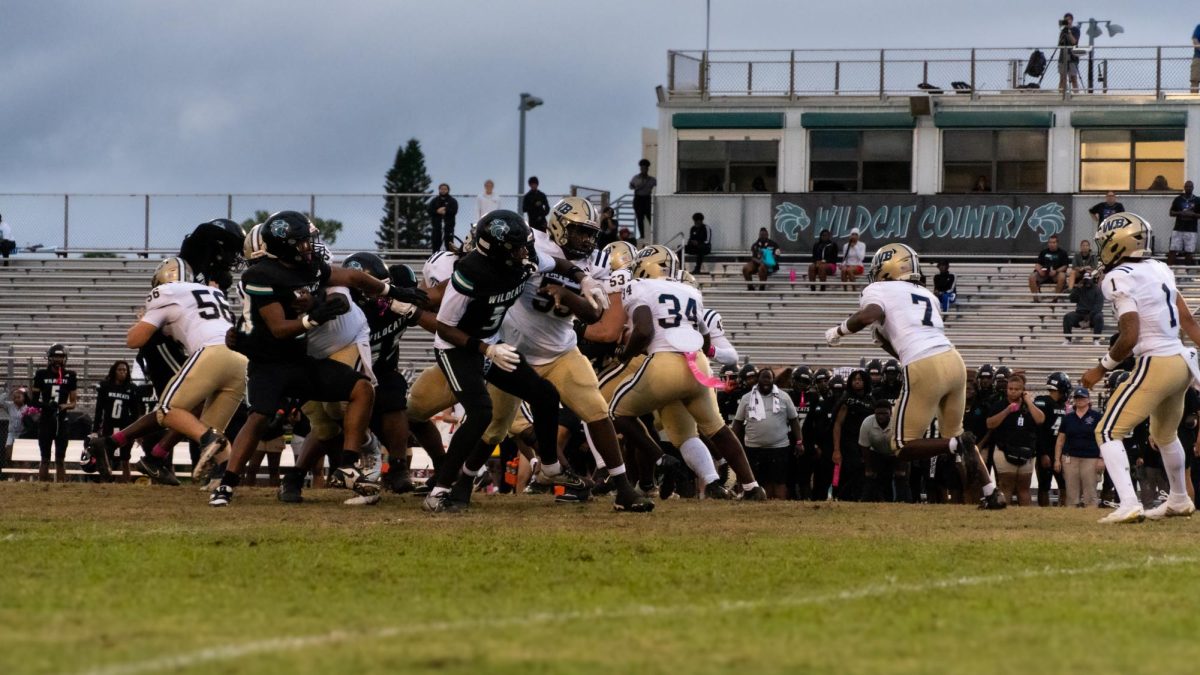


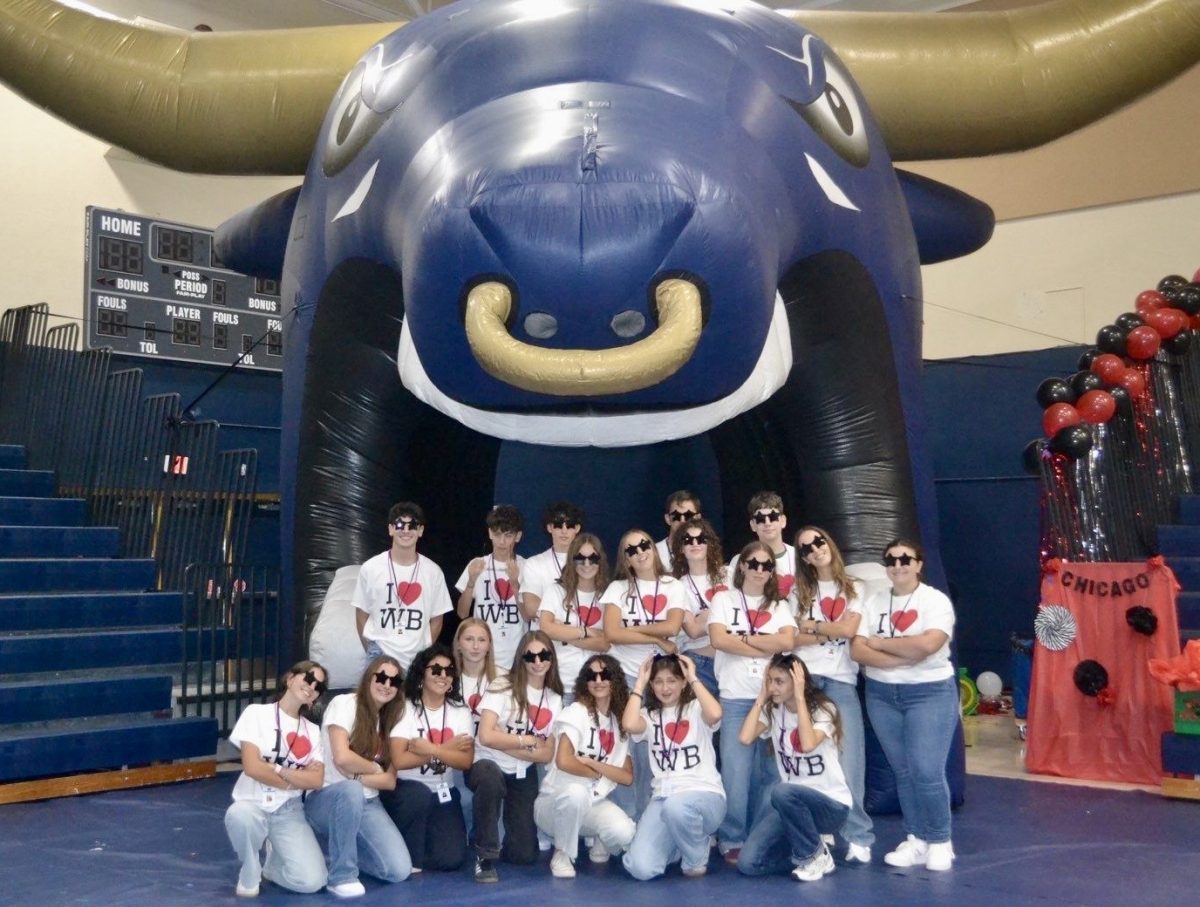



























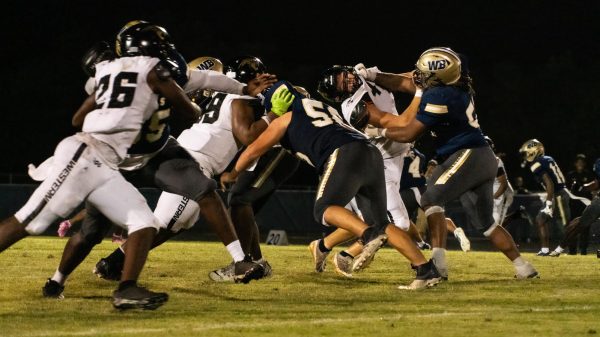
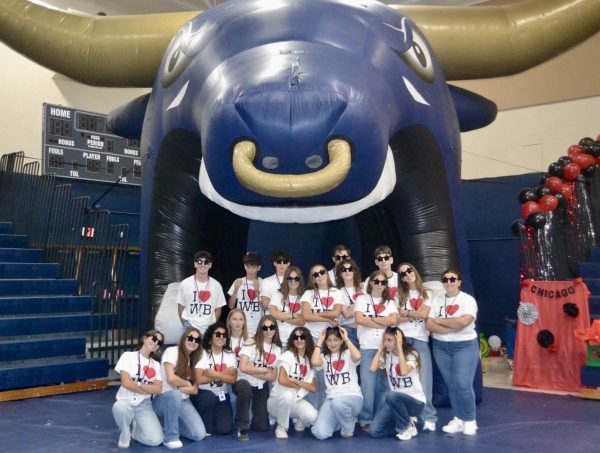
Madi • Mar 3, 2020 at 7:21 am
This is actually amazing! And scary!